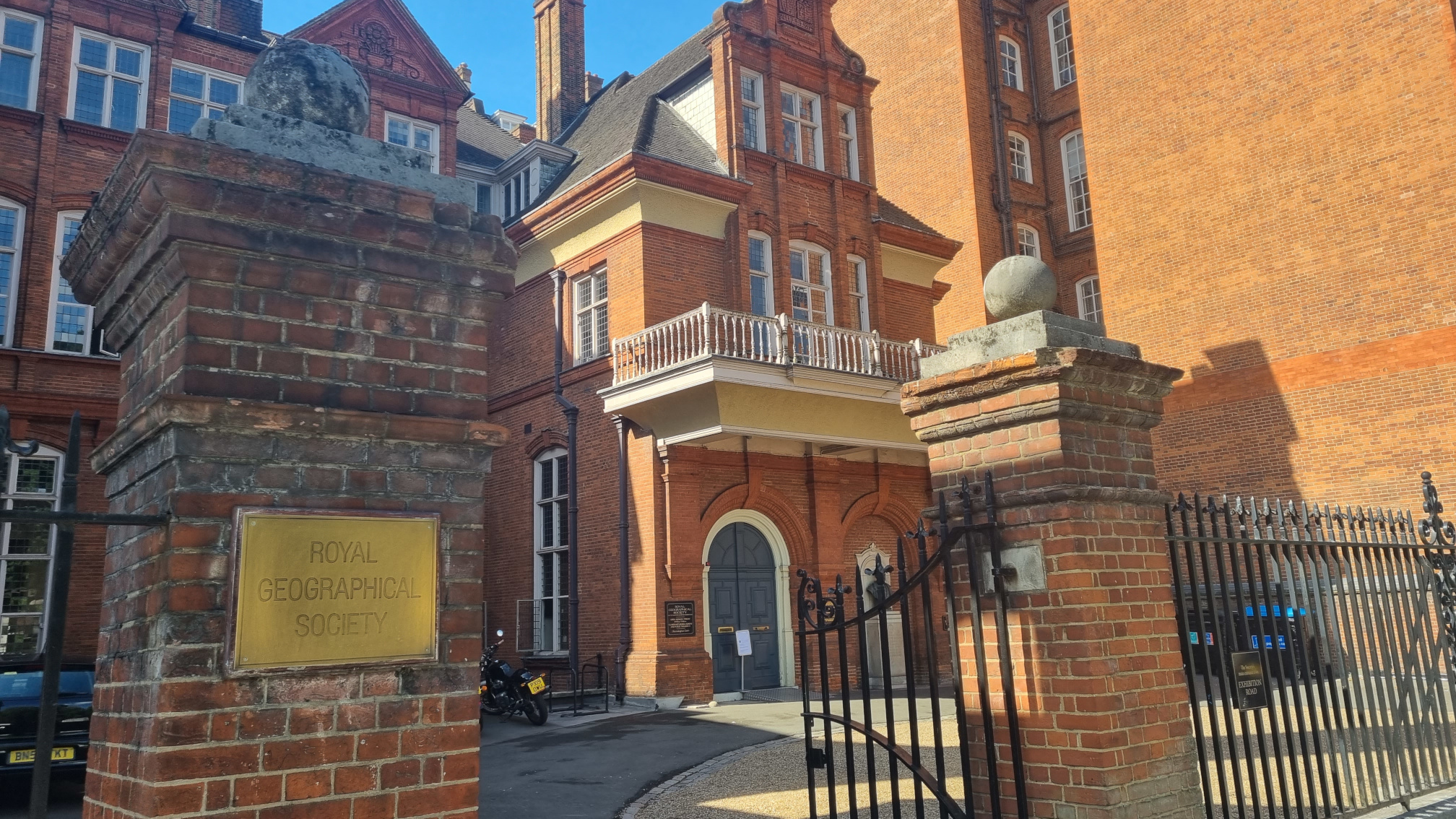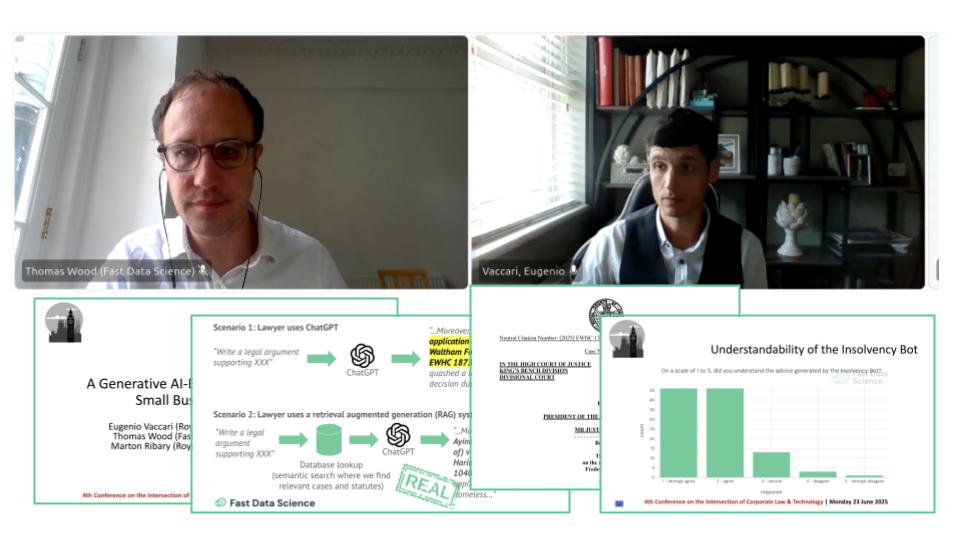
Fast Data Science has been working on the Harmony project in collaboration with UCL, Ulster University, and Universidade Federal de Santa Maria. Harmony is an open-source natural language processing tool designed to revolutionise mental health research as well as an AI research project.
We are pleased to announce the publication of a paper coming out from this collaboration, Using natural language processing to facilitate the harmonisation of mental health questionnaires: a validation study using real-world data, authored by Eoin McElroy, Thomas Wood, Raymond Bond, Maurice Mulvenna, Mark Shevlin, George B. Ploubidis, Mauricio Scopel Hofmann and Bettina Moltrecht, and published in BMC Psychiatry, which is part of Springer Nature. Our paper demonstrates Harmony’s ability to predict correlations in mental health questionnaires - how the cosine scores coming out of Harmony relate to real-world data correlations.
You can try Harmony at https://harmonydata.ac.uk
🤷 What does Harmony do?
👉 Psychologists and social scientists often have to match items in different questionnaires, such as ““I often feel anxious”” and ““Feeling nervous, anxious or afraid””.
👉 This is called harmonisation.
👉 Harmonisation is a time consuming and subjective process.
👉 Going through long PDFs of questionnaires and putting the questions into Excel is no fun.
✅ Enter Harmony, a tool that uses natural language processing and generative AI models to help researchers harmonise questionnaire items, even in different languages.
Harmony addresses a critical challenge in psychology and social sciences: harmonising text data from diverse questionnaires often found in PDF format. By leveraging AI and natural language processing, Harmony efficiently compares and aligns questionnaire items, enabling researchers to conduct longitudinal studies using datasets from multiple studies. This groundbreaking tool is helping to unlock the potential of existing data and accelerate mental health research.
Funded by Wellcome and UKRI Economic and Social Research Council, Harmony is freely available for researchers to download and customize. Join the open-source community and help shape the future of mental health research.
Unleash the potential of your NLP projects with the right talent. Post your job with us and attract candidates who are as passionate about natural language processing.
Hire NLP Experts
Fast Data Science appeared at the Hamlyn Symposium event on “Healing Through Collaboration: Open-Source Software in Surgical, Biomedical and AI Technologies” Thomas Wood of Fast Data Science appeared in a panel at the Hamlyn Symposium workshop titled “Healing Through Collaboration: Open-Source Software in Surgical, Biomedical and AI Technologies”. This was at the Hamlyn Symposium on Medical Robotics on 27th June 2025 at the Royal Geographical Society in London.

We presented the Insolvency Bot at the 4th Annual Conference on the Intersection of Corporate Law and Technology at Nottingham Trent University Dr Eugenio Vaccari of Royal Holloway University and Thomas Wood of Fast Data Science presented “A Generative AI-Based Legal Advice Tool for Small Businesses in Distress” at the 4th Annual Conference on the Intersection of Corporate Law and Technology at Nottingham Trent University

What is generative AI consulting? We have been taking on data science engagements for a number of years. Our main focus has always been textual data, so we have an arsenal of traditional natural language processing techniques to tackle any problem a client could throw at us.
What we can do for you